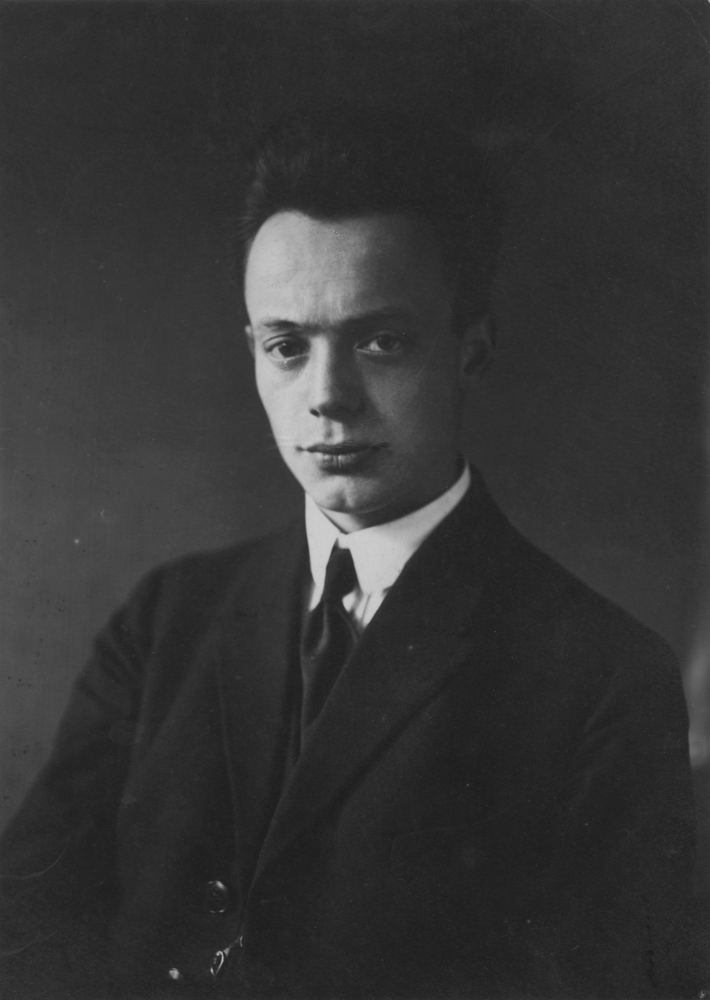Felix Fechenbach war von 1912 bis 1914 im Münchner Arbeitersekretariat angestellt und gründete 1914 die ‚Jugend-Sektion‘ der SPD. 1914/15 wurde er als Kriegsteilnehmer schwer verwundet. 1917 trat er zur USPD über, war 1918/19 Mitglied im Provisorischen Nationalrat Bayerns und Sekretär von Ministerpräsident Kurt Eisner.
1922 erneuerte er seine Mitgliedschaft in der SPD. Im selben Jahr wurde er vom Volksgericht München wegen Landesverrats zu elf Jahren Zuchthaus und 10 Jahren Ehrverlust verurteilt und inhaftiert. Fechenbach hatte im April 1919, wie zuvor bereits Kurt Eisner, ein diplomatisches Aktenstück aus dem Jahr 1914 zur Vorgeschichte des Ersten Weltkriegs veröffentlicht. Ziel dabei war es, durch die Offenlegung des deutschen Anteils am Ausbruch des Ersten Weltkriegs Vertrauen bei den Siegermächten in die neue deutsche Republik zu schaffen. Am 1.10.1924 schrieb Fechenbach im Zuchthaus Ebrach über die anstehende Entlassung Hitlers: „Ich konnte und wollte nicht glauben, daß der zu Recht verurteilte völkische Hochverräter der Freiheit wiedergegeben und ich zu Unrecht im Zuchthaus bleiben soll“ (Schueler, S. 207).
Auf öffentlichen Druck wurde er im Dezember 1924 mit Strafmilderung auf Bewährung aus dem Zuchthaus entlassen. Das Reichsgericht hob 1926 das Urteil auf. Von 1924 bis 1929 arbeitete er als Journalist beim Dietz-Verlag in Berlin, ab 1929 bei der Detmolder SPD-Zeitung Volksblatt. Er war über Interna der NSDAP in Lippe informiert, über die er im Volksblatt berichtete. Am 7.3.1933 wurde er in ‚Schutzhaft‘ genommen. Die Landesregierung Lippe stellte ein Ersuchen an die BPP (Bayerische Politische Polizei), Fechenbach in das KZ Dachau zu überstellen. Auf dem Transport dorthin wurde er am 7.8.1933 bei einem angeblichen Fluchtversuch niedergeschossen und erlag im Krankenhaus Scherfede den Verletzungen. Sein Grab befindet sich auf dem jüdischen Friedhof in Rimbeck.


